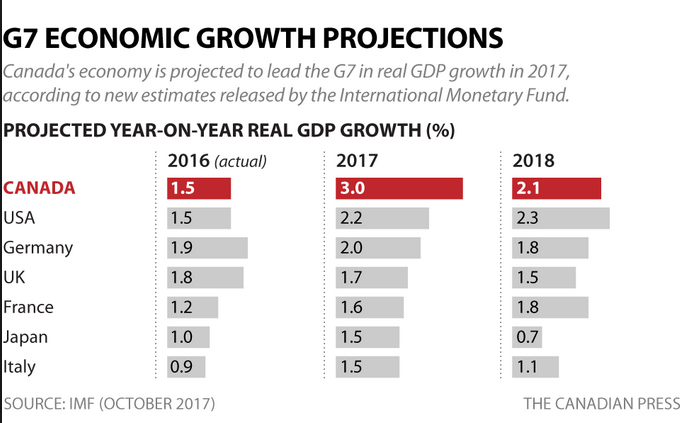THE UNITED STATES, Britain, Germany, France, Italy, Canada and Japan formed the Group of Seven as a sort of regular conclave among the world’s leading capitalist democracies about 40 years ago, during the Cold War. Its initial focus was economic, to prevent precisely the sorts of trade issues that President Trump is now inflaming from growing into political splits that could endanger solidarity in the face of what was then the Soviet threat. In the post-Cold War world, the G-7 morphed into an institution expressive of the West’s determination to perpetuate the values — free markets, representative government, the rule of law — that its members considered to have been vindicated by the Soviet empire’s collapse.
It follows that Mr. Trump’s decision to sow ferment within the G-7 — to antagonize America’s closest allies — is more than a childish tantrum or a play for attention. It is an undermining of those values that the G-7 was meant to safeguard. Not only the allies but Americans, too, must come to grips with the fact that the ostensible leader of the free world may not really believe either in the free world or in leading it.
Mr. Trump joined the other G-7 leaders at a summit in Canada on his way to meet the dictator of nuclear-armed North Korea. It is a moment when a rational U.S. leader would recognize the benefit of having allies in his corner. Every diplomatic problem is easier to handle with a little help from your friends, and the problem of getting Kim Jong Un to denuclearize verifiably is about as hard as they come.




